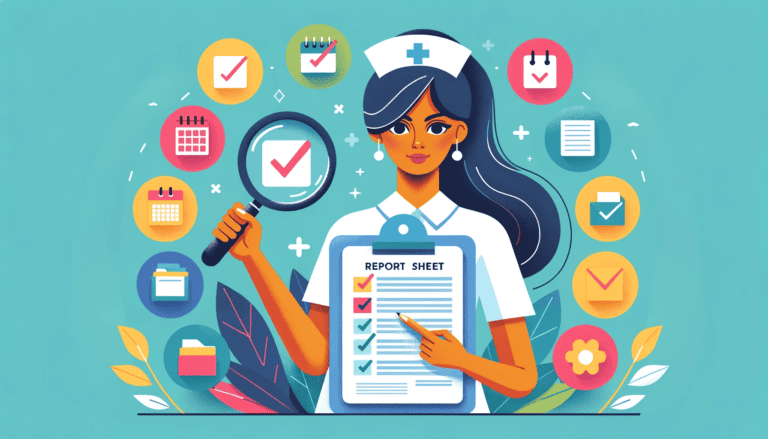A Nurse’s Guide to Managing Asshole Doctors

Ok, I know what you’re thinking–when I say, ‘asshole doctors’ am I referring to gastroenterologists or am I using the word pejoratively? 😛 In my opinion, GI doctors are some of the nicest specializations I’ve worked with; so in this case, I’m talking about those mean-spirited, challenging doctors to work with.
Although brilliant, their intimidation can make even the simplest task feel stressful. This is not to imply or suggest that most MD’s are assholes, but as a nurse who has worked in multiple settings in various cities and states throughout the U.S. I’ve dealt with my fair share of difficult personalities. In this article, I’ll explore effective strategies that have helped me in these challenging situations to foster a more respectful, professional rapport.
Understanding Mean Doctors
To address the issue, it’s crucial to identify different types of difficult behavior displayed by doctors.
Understanding potential causes behind their behavior, such as stress or communication barriers, helps develop empathy and find constructive solutions. Recognizing the impact that mean doctors can have on nurses’ well-being and patient care emphasizes the need to address these situations proactively.
Strategies for Dealing with Mean Doctors
Maintaining professionalism and self-control: Emotional regulation techniques and setting personal boundaries allow nurses to respond professionally, even in challenging moments.
Effective communication: Active listening and assertiveness skills enable nurses to express concerns respectfully while fostering clear and productive communication.</li>
Building rapport and trust: Finding common ground with doctors and offering support and collaboration help create a foundation of mutual respect, enhancing working relationships.
Seeking mentorship and guidance: Identifying supportive colleagues or superiors who can provide guidance and advice is invaluable when navigating difficult interactions.
Documenting incidents and addressing concerns: Keeping a record of difficult interactions and reporting incidents to appropriate channels ensures that concerns are addressed and patterns are identified.
Self-Care and Support: Prioritizing self-care is essential when dealing with challenging doctor-nurse dynamics. Nurses should recognize the importance of seeking emotional support from colleagues and utilizing available resources for stress management.
Promoting Positive Workplace Culture: Advocating for respectful communication and teamwork creates a positive work environment. Nurses can actively participate in interprofessional collaboration initiatives, fostering a culture of mutual respect and understanding.
Conflict Resolution Techniques: Mediation and conflict resolution resources can facilitate the resolution of challenging situations. Nurses can address conflicts directly with the doctor, employing effective communication skills, and involve appropriate superiors or management when necessary.
Conclusion: By implementing these strategies, nurses can navigate challenging doctor-nurse interactions with confidence and professionalism. Prioritizing their well-being, seeking support, and advocating for a positive workplace culture are integral to fostering a collaborative healthcare environment. Remember, together, nurses and doctors can create an environment that promotes optimal patient care and mutual respect.





